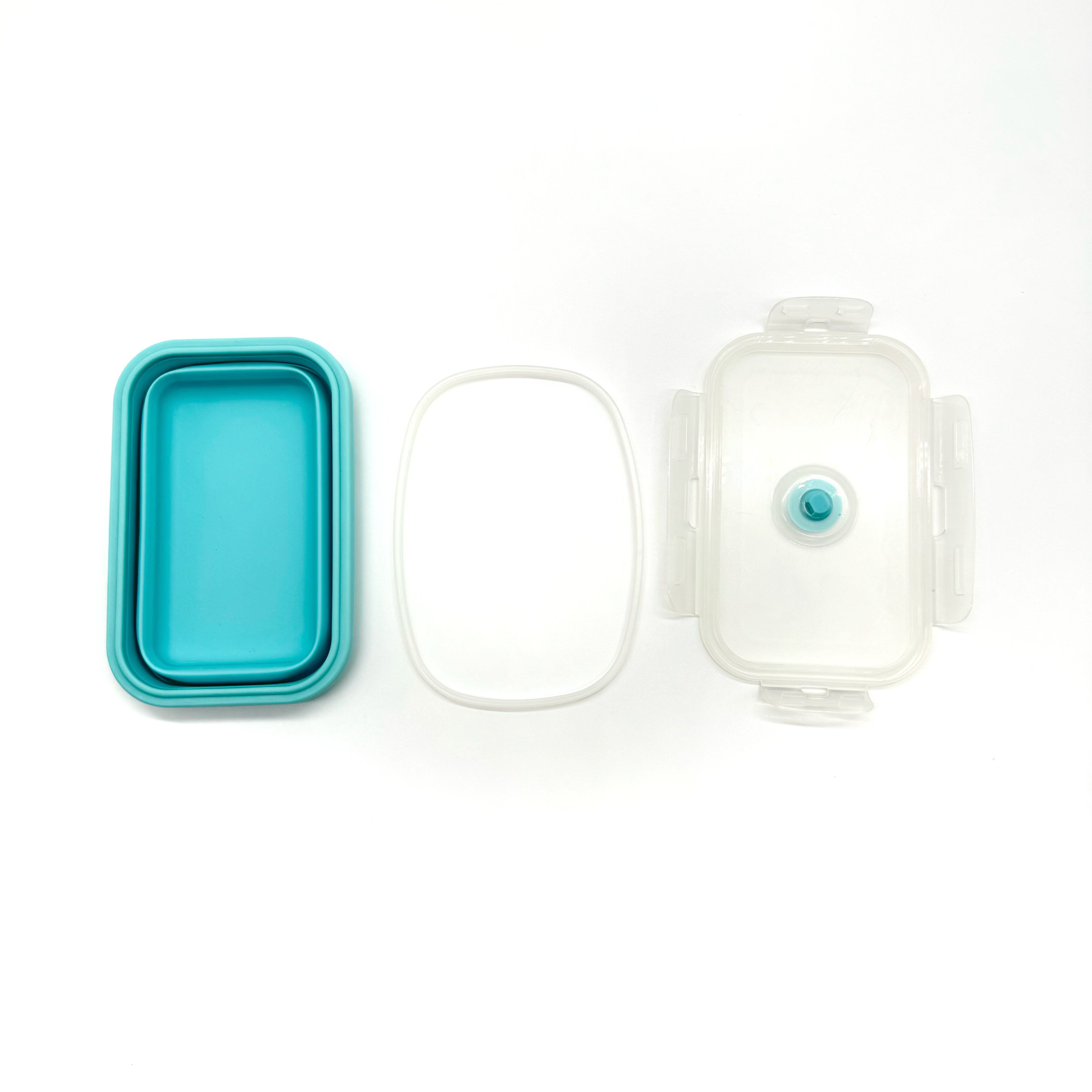Understanding the Critical Role of Silicone Gaskets in Food Processing
In the demanding world of food and beverage processing, maintaining product safety and quality is paramount. Silicone gaskets have emerged as the gold standard for sealing solutions in food-grade applications, offering a unique combination of durability, flexibility, and safety characteristics that make them indispensable in modern food processing facilities.
The food industry faces stringent regulatory requirements and constant scrutiny regarding materials that come into contact with consumable products. This is where silicone gaskets demonstrate their exceptional value, providing reliable sealing solutions while meeting the most rigorous food safety standards. Their widespread adoption across various food processing applications is no coincidence – it's the result of their superior performance characteristics and safety profile.
Essential Properties of Food-Grade Silicone Gaskets
Temperature Resistance and Stability
One of the most compelling reasons for choosing silicone gaskets in food processing is their remarkable temperature resistance. These specialized sealing components can withstand temperatures ranging from -60°C to +260°C without losing their structural integrity or sealing properties. This wide temperature range makes them ideal for both hot processing and cold storage applications.
The thermal stability of silicone gaskets ensures they maintain their shape and sealing effectiveness even under repeated temperature cycling. Unlike conventional rubber gaskets that may become brittle or deform under extreme temperatures, silicone gaskets retain their flexibility and resilience, providing consistent performance throughout their service life.
Chemical Resistance and Inertness
Food-grade silicone gaskets exhibit exceptional resistance to various chemicals commonly used in food processing and cleaning operations. They remain stable when exposed to acids, bases, and cleaning agents, ensuring they don't break down or contaminate food products. This chemical inertness is crucial for maintaining food safety and quality.
The material's non-reactive nature means silicone gaskets won't leach harmful substances into food products, even during prolonged contact. This characteristic is particularly important in applications where gaskets are exposed to aggressive ingredients or cleaning chemicals used in sanitization protocols.
Compliance with Food Safety Regulations
FDA and International Standards
Silicone gaskets used in food processing must meet strict regulatory requirements, including FDA guidelines and international food safety standards. These regulations ensure that materials used in food contact applications are safe and won't compromise product quality. High-quality silicone gaskets are manufactured to comply with FDA 21 CFR 177.2600 and other relevant food safety standards.
Manufacturers of silicone gaskets undergo regular audits and testing to maintain their certifications and ensure continued compliance with evolving food safety regulations. This commitment to quality and safety makes silicone gaskets a trusted choice for food processing equipment manufacturers and facility operators.
Traceability and Documentation
Modern food processing facilities require complete traceability of all components used in their operations. Silicone gaskets come with comprehensive documentation, including material certificates, compliance declarations, and batch tracking information. This documentation helps facilities maintain their quality management systems and respond effectively to any safety concerns.
The ability to trace gasket materials back to their source provides an additional layer of security and accountability in food processing operations. It also facilitates quick response times in case of any quality issues or regulatory inquiries.

Performance Advantages in Food Processing
Compression Set and Recovery
Silicone gaskets exhibit excellent compression set characteristics, meaning they can maintain an effective seal even after prolonged periods under compression. This property is crucial in food processing equipment where consistent sealing is required to prevent contamination and maintain process efficiency.
The material's ability to recover its original shape after compression ensures long-term sealing performance and reduces the frequency of gasket replacement. This resilience translates into lower maintenance costs and reduced downtime for food processing facilities.
Microbial Resistance
Food safety depends heavily on preventing microbial contamination. Silicone gaskets feature smooth, non-porous surfaces that resist bacterial growth and biofilm formation. This inherent characteristic makes them easier to clean and sanitize, reducing the risk of contamination in food processing operations.
The material's resistance to microbial growth helps maintain hygiene standards and supports facilities' compliance with HACCP principles. Regular cleaning and sanitization protocols are more effective with silicone gaskets, as their surfaces don't harbor bacteria or other microorganisms.
Cost-Effectiveness and Longevity
Extended Service Life
While silicone gaskets may have a higher initial cost compared to some alternative materials, their extended service life makes them a cost-effective choice in the long run. The durability and resistance to degradation of silicone gaskets result in fewer replacements and reduced maintenance requirements.
The long-term performance of silicone gaskets also means less downtime for equipment maintenance and fewer production interruptions. This reliability contributes significantly to the overall operational efficiency of food processing facilities.
Reduced Maintenance Requirements
The superior properties of silicone gaskets translate into reduced maintenance needs and lower total cost of ownership. Their resistance to compression set, temperature extremes, and chemical exposure means they maintain their sealing effectiveness longer than conventional gasket materials.
Food processing facilities benefit from the reduced frequency of gasket replacement and the associated labor costs. The reliability of silicone gaskets also helps prevent unexpected equipment failures and production delays.
Frequently Asked Questions
How Often Should Food-Grade Silicone Gaskets Be Replaced?
The replacement interval for silicone gaskets depends on various factors, including operating conditions, exposure to chemicals, and frequency of use. Generally, high-quality silicone gaskets can last 1-3 years under normal operating conditions. However, regular inspection and monitoring for signs of wear or degradation are essential to maintain optimal performance and food safety.
Can Silicone Gaskets Withstand Steam Sterilization?
Yes, food-grade silicone gaskets are highly resistant to steam sterilization processes. They can withstand repeated autoclave cycles at temperatures up to 260°C without significant degradation. This makes them ideal for applications requiring frequent sterilization to maintain hygiene standards.
What Makes Silicone Gaskets More Hygienic Than Other Materials?
Silicone gaskets offer superior hygiene characteristics due to their non-porous surface, resistance to microbial growth, and easy cleanability. Their smooth surface prevents bacteria from establishing colonies, while their chemical resistance allows for thorough cleaning with various sanitizing agents without degradation or contamination risks.
Are All Silicone Gaskets Food-Grade Certified?
No, not all silicone gaskets are food-grade certified. Only silicone gaskets specifically manufactured and tested to meet FDA and other food safety standards can be used in food processing applications. It's crucial to source gaskets from reputable manufacturers who can provide proper certification documentation.

